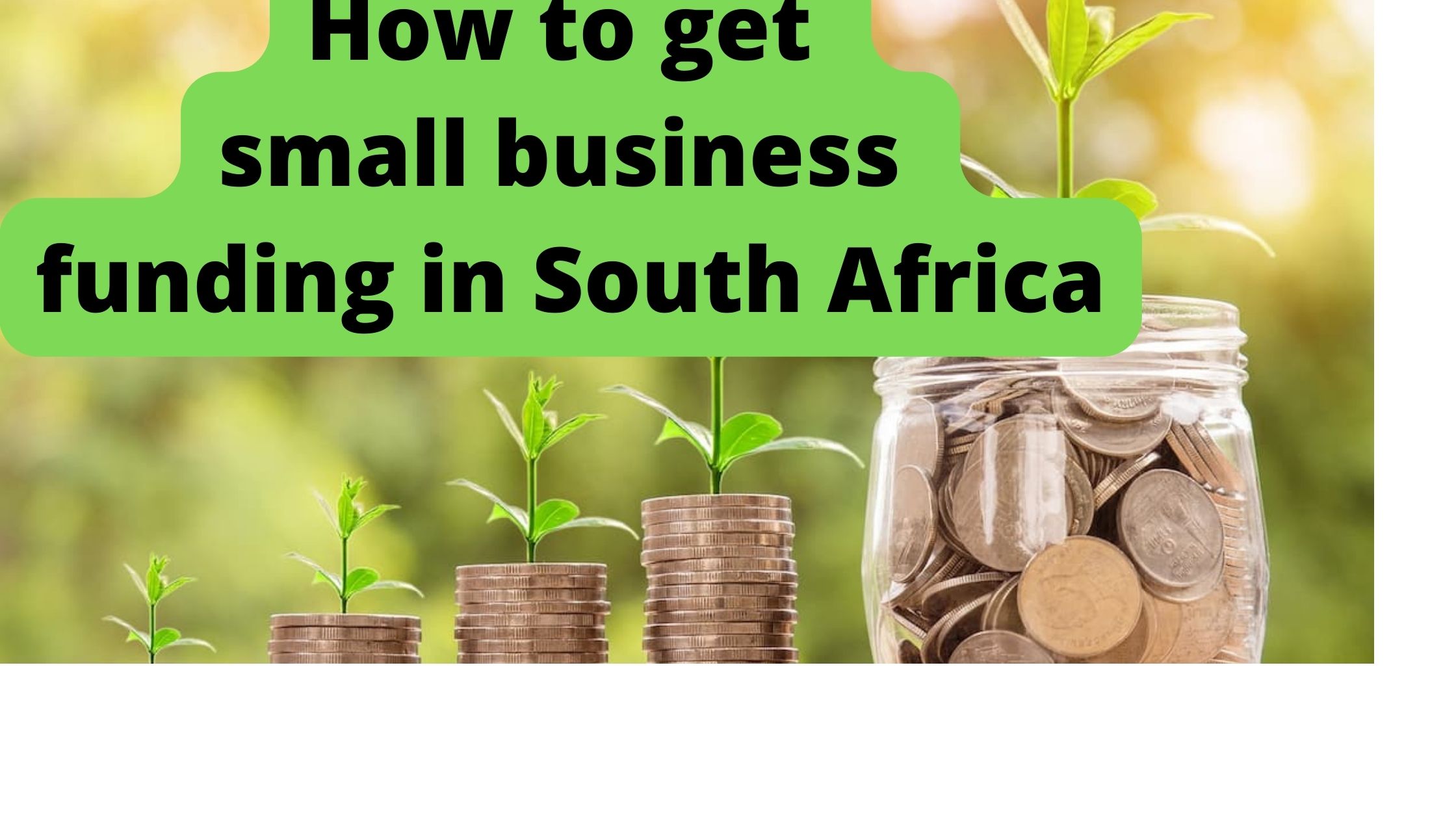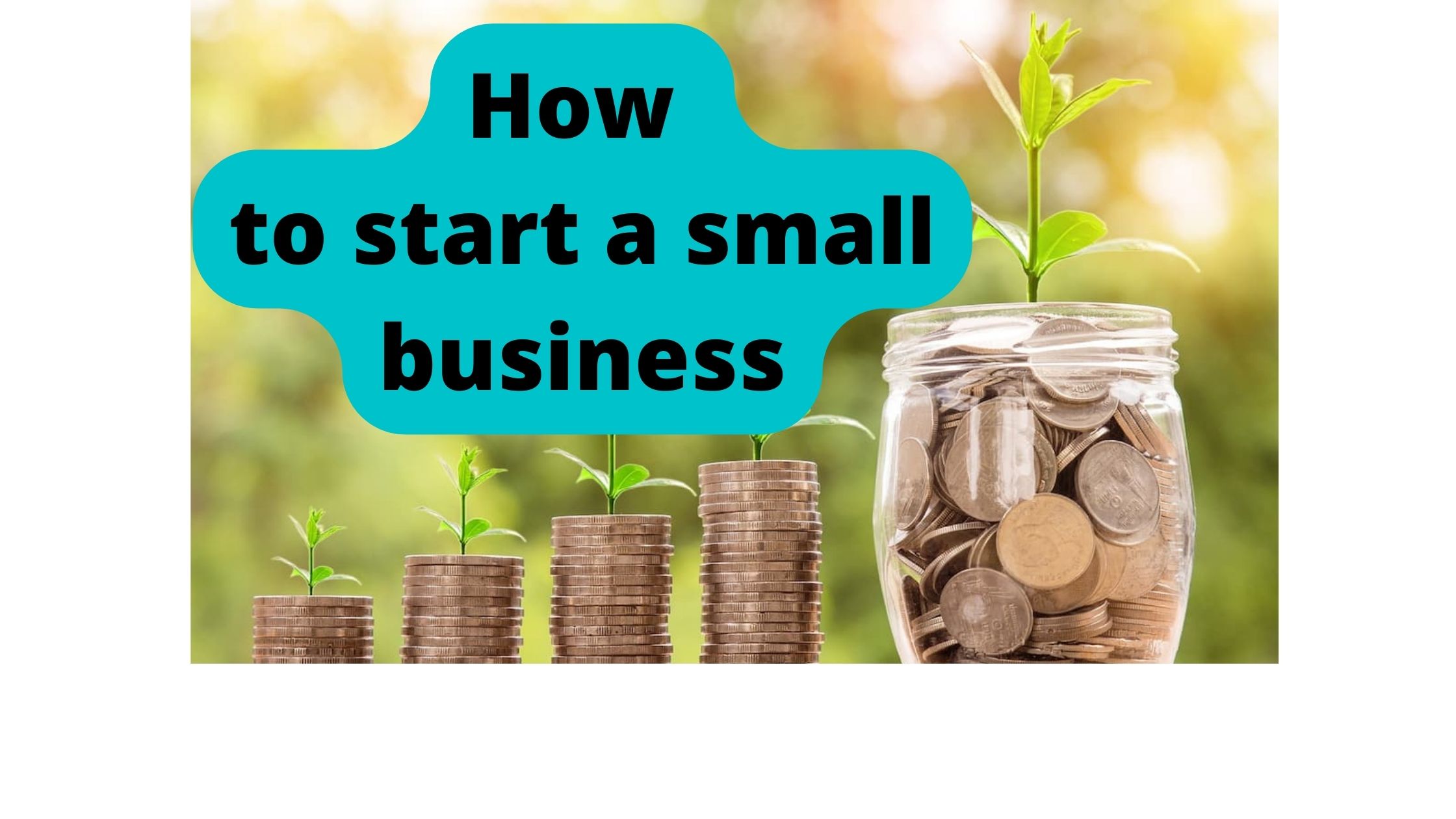How to get small business funding in South Africa

How to get small business funding in South Africa
Introduction
The idea of starting a business can be exciting. But it’s usually the next stage that makes most entrepreneurs nervous: getting small business funding. It can be especially hard for entrepreneurs to get financed when they are just starting out, and even more so when you’re a young black female. However, we’ve got good news for you! There is support out there for new entrepreneurs who need help with financing their businesses. We’re going to walk you through some of the first steps in this guide and explain how easy it can be to apply for funding from the government or private sector financial institutions. How to get small business funding in South Africa
Talk to an expert.
You may be thinking that you can find the answer to your questions on the internet, but you will be surprised to know that there are many aspects of business funding that only an expert can help you with. For example, if you do not know where to look for small business funding or how much money is needed for a certain project, it is better to get help from an expert. You can find these experts either through word of mouth or by going online and searching for them.
A good example of such an expert would be a loan officer who has years of experience in helping clients get small business funding or even large amounts of money when they need it the most. They have been trained in dealing with different types of financial situations and can use their knowledge to guide clients on how they should move forward with their projects without making any mistakes along the way.
Get your paper work in order.
First, make sure your business plan is up to date and accurate. A good plan will help you better understand the market and what you need to do to make your business succeed. It also serves as a record of everything that goes into starting your business, including finances and timelines for achieving goals.
Next, make sure that all the paperwork for registering with South African authorities is complete: How to get small business funding in South Africa
Search for a funding partner.
You need to have a funding partner. You should look for someone who is willing to provide you with funding and will also be able to help you grow your business.
Fill out the application form and submit it to a financial institution that handles business loans.
To apply for a business loan, you first need to fill out the application form provided by your bank or other financial institution. In the application form, it is important that you provide detailed information about your business and its operations. You must also submit a detailed business plan and financial plan with your application. This helps the lender assess whether or not he/she can lend money to you without risking his/her own capital. If approved by the lender, he/she will issue a loan agreement document which outlines all conditions of taking out this loan including repayment terms (e.g., monthly interest rate payable), interest rate applicable on arrears etc..
Keep these things in mind!
- You need to be able to show that you have a viable business plan.
- You need to have a strong track record.
- You need to be able to repay the loan.
Getting small business funding can be easy with the right support and guidance
Getting small business funding can be easy with the right support and guidance. Here are some things you should do:
- Talk to an expert. An accountant, financial advisor or solicitor is a good person to talk to if you want to know more about getting small business funding. They can help you find out what kind of funding is available, including grants and loans, as well as how much money it will cost in fees and interest payments.
-
Get your paper work in order. A good way of knowing whether or not there’s a chance that a bank might give you a loan is by having all your paperwork ready when filling out an application form for the loan (or applying for other types of funding). This includes showing proof that your business has been running for at least three months; showing how it has been performing financially over those three months; providing proof that the people working in this business have been employed there for at least one year; supplying copies of tax returns from previous years; submitting any qualifications needed by law; etcetera…
Conclusion
It is our hope that this article has given you some useful information about how to get small business fundings in South Africa. We understand how difficult it can be to get funding for a new venture, so we want to make sure that you have all the necessary tools at your disposal. It’s important not only for yourself but also for your country as well! South Africa needs more small businesses in order to grow its economy and help its citizens prosper. The government has made it very easy by providing various funds and grants that can be applied towards different business types, but they are still limited in what they will provide. So if you want something specific, then please let us know so we can try our best together!
Title of content: How do I choose my market niche? Label for this section: Conclusion
What this section does: Concludes the blog post
Outline of the post:
Section: Think about which products or services you’re most passionate about. Ask yourself “what do I love doing?” or “what would make me happy?” Because if you’re going into business, why not enjoy it as much as possible? And remember – there’s no wrong answer here! You might even find out that what makes sense financially makes sense emotionally too…so take some time exploring
these questions before moving onto other steps listed below (remembering always there may be multiple correct answers).
Section: Think of the people who use your product/service regularly (or potentially could in future iterations) – what kind of lifestyle do they lead? By answering this question honestly with an open mind about both groups – customers versus competitors – will help narrow down target markets further than just looking at similar companies alone; because sometimes brands don’t necessarily have direct competition but rather indirect ones whose core focus isn’t exactly what yours is yet still share many similarities such


